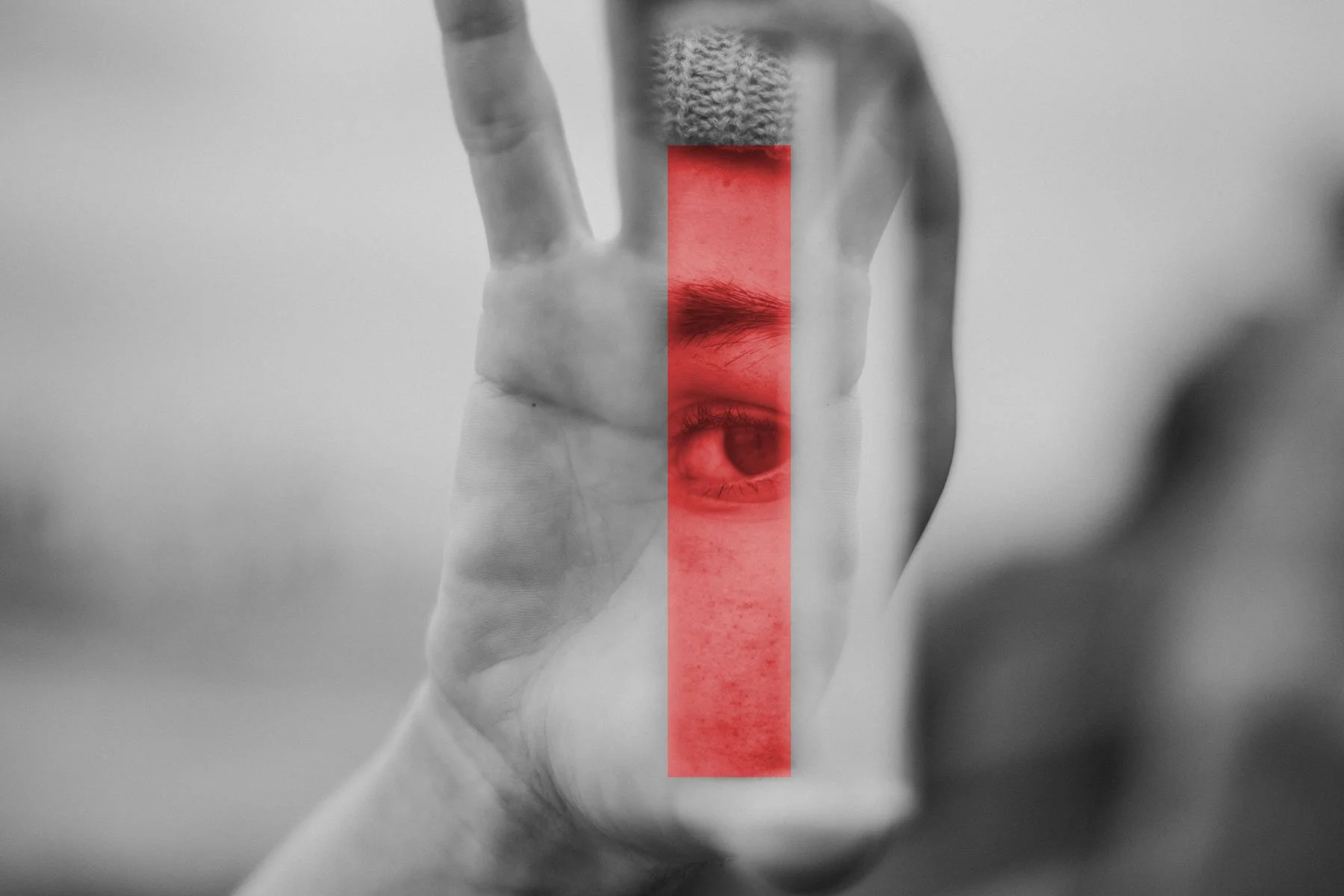Your culture is changing right now
You can feel it. We’re just getting past the initial shock of organising our days differently and managing the unexpected fatigue of endless video conferences*. Now we’re starting to wonder what’s next.
Things are shifting.
As the ultimate social species, we’re hardwired for belonging and connection, so the cognitive dissonance of staying apart to stay safe is intensely unsettling. Our tribes are dispersing and reforming far faster than we’re used to.
Our sense of belonging has been fundamentally disrupted.
But even in the middle of all this, we are starting to see the beginnings of what’s to come. Some form of mass revisiting of our business strategies and the meaning behind them.
What we must not miss is the opportunity to also revisit our team and organisational cultures.
Culture is the rules of belonging – and the rules of belonging are changing. They are unfrozen. The only thing we can be certain of is that they will refreeze again, and it may be sooner than we think.
The new rules of belonging may support and accelerate our new strategies or may hinder and delay them.
Your culture is changing right now. It will happen by accident or it will happen deliberately.
I urge us all to seize the opportunity to make it deliberate.
*If you’re wondering why video conferences are so much more exhausting that we were expecting, there are two main reasons. The first is that your brain can’t do what it normally does when you’re in physical proximity to another human. There is research that shows that your sub-conscious knows what my pulse rate is when we’re sitting a few feet from each other. Our brains are very busy reading micro-expressions, analysing pheromones and doing countless other jobs when we’re close together. On the other side of a screen, none of that works, leaving us in the situation where we have to consciously process vastly increased amounts of information to read the emotions of the person we’re talking to. The second reason is that we have a camera locked on to our faces which makes us feel far more heavily and intrusively ‘observed’ than when we’re sitting together in a meeting room or a café. It’s exhausting to feel like we’re under a microscope and need to ‘perform’ for hours at a time.

